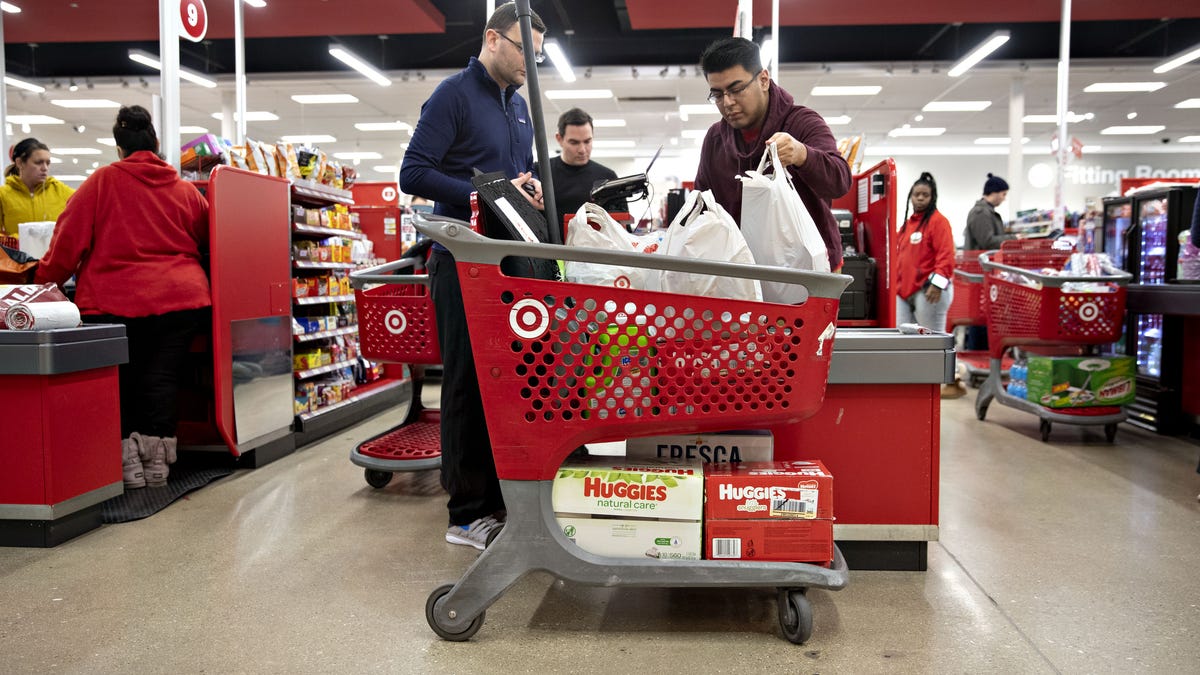California’s Influence on the Future of Self-Checkout
California has emerged as a potential catalyst for reshaping the landscape of self-checkout in retail establishments. The introduction of Senate Bill 1446 by Sen. Lola Smallwood-Cuevas has ignited discussions on the necessity of monitoring self-checkout stations to curb theft and enhance operational efficiency.
The bill mandates that at least one dedicated employee must oversee two self-checkout stations, relieving them of all other responsibilities. This proactive measure aims to mitigate theft incidents associated with self-checkout machines, which reportedly cause a significant annual loss of $10 billion compared to traditional cashier-operated stands.
Sen. Smallwood-Cuevas emphasized that limiting the use of standalone kiosks can alleviate the burden on retail workers, protecting them from potential security risks and enabling them to focus on essential tasks. Lone workers often find themselves vulnerable to theft and violence as they juggle multiple roles, including stocking merchandise, processing transactions, and attending to customer inquiries.
Retailers Respond to the Regulatory Shift
The proposed legislation aligns with recent initiatives by major retailers like Target, Walmart, and Dollar General to modify their self-checkout operations. Target’s introduction of “Express Self Checkout” in March, restricting customers with more than 10 items from using standalone registers, reflects a strategic move to streamline the checkout process and enhance customer experience.
In a similar vein, Dollar General announced the removal of self-checkout kiosks from 300 high-risk stores to combat theft effectively. Walmart, another retail giant, indicated a flexible approach to managing staffed and self-checkout lanes based on fluctuating shopper traffic and staffing levels.
According to a Walmart spokesperson, the retailer periodically adjusts the utilization of staffed checkouts and self-service options to optimize operational efficiency. The dynamic nature of this approach allows for seamless transitions between different checkout formats to meet evolving customer needs and operational demands.
As industry stakeholders navigate the evolving regulatory landscape and consumer expectations, the collaborative efforts between legislators and retailers in California could pave the way for innovative solutions that enhance retail security, operational effectiveness, and workforce well-being.
Image/Photo credit: source url





